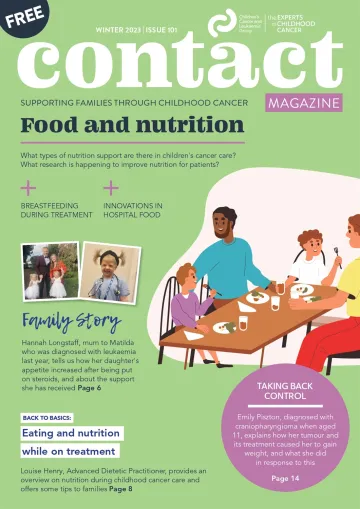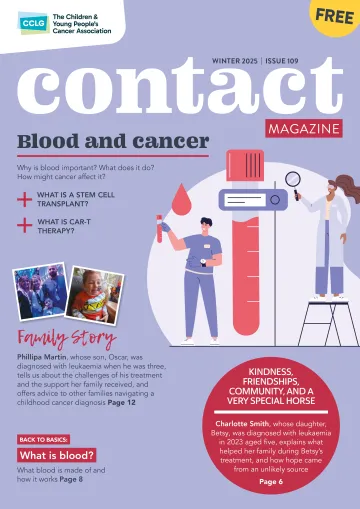PROJECT TITLE: Exploring alterations in amino acid metabolism as novel therapeutic targets in paediatric glial tumours using advanced metabolomics methods
LEAD INVESTIGATOR: Dr Madhumita Dandapani
INSTITUTION: Children’s Brain Tumour Research Centre, University of Nottingham
AWARD APPROX: Approx £99,000 (Funded by The Little Princess Trust in partnership with CCLG)
The idea for this project came from earlier research work I’d done on ways in which cancers manipulate normal cellular processes to their advantage. Basically, we know that cancer cells grow rapidly when compared to other cells, and therefore need more nutrients overall. Sometimes, a particular cancer will require specific nutrients (not dissimilar to certain types of plants needing special fertilisers) to grow or survive.
Identifying and disrupting these specific processes could lead to selective death of cancer cells. Normal cells would usually tolerate nutrient deprivation, and this offers the prospect of kinder, more effective therapies. I’m particularly interested in amino acids, which are the building blocks of proteins, and how cancer cells respond to modulating the different amino acid levels in the laboratory.
The project was carried out in three stages:
- We looked at existing datasets with information on genetic data from the different types of brain tumours. We looked at whether different types of brain tumours had differing levels of genes involved in using or making specific amino acids
- We checked if we identified the right amino acids in each tumour type by staining tumour tissues for key proteins
- We looked to see if we could detect these amino acids in the cerebrospinal fluid (CSF – the fluid that surrounds the brain) of children with a type of brain tumour called ependymoma and whether their levels differed from children who didn’t have a brain tumour
What have we found?
We’ve identified specific amino acids that are altered in ependymoma and high-grade glioma which are both hardto- treat cancers. We’ve published our results which show that both tumour types are addicted to an amino acid called arginine. High-grade gliomas also use lots of another amino acid called tryptophan. We’re now focusing on understanding the role of arginine in promoting tumour growth as well as trying to block this pathway to see if this kills the tumour cells.
We’ve also identified certain chemicals (metabolites) in the CSF of children with ependymoma that are different to non-tumour CSF. We’re carrying out further work to characterise these metabolites and understand their role in the disease process. We’re now working on large scale CSF analysis to study changes in samples taken from children with brain tumours. This method may help us identify patients at high risk of relapse at the end of conventional treatment. We’re also validating the amino acid pathways identified by this project, with a view to developing new therapies for these difficult-to-treat cancer types.
At the moment, the research is still in its early stages and not at the point where it can alter treatments. However, we have several exciting leads which we are verifying, and I’m also trying to develop new drugs or repurpose existing drugs from drug libraries, with colleagues in the cancer field. If this work is successful, we may have prototype drugs to carry out further research before they can be tested in early phase clinical trials in a few years’ time.
A final message
I’d like to thank CCLG and The Little Princess Trust for funding this work and our subsequent work. We’d also like to thank patients and families – your altruism in consenting to tumour banking for research enables researchers like me to make new discoveries with a view to finding better, kinder treatments for children and young people with cancer.
From Contact magazine issue 101 - Winter 2023


